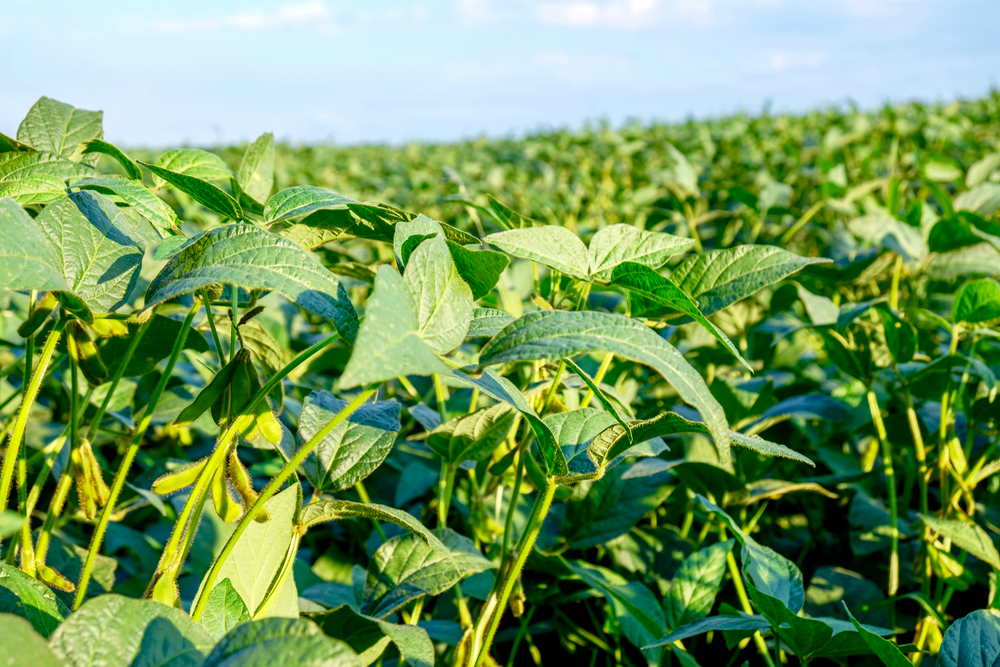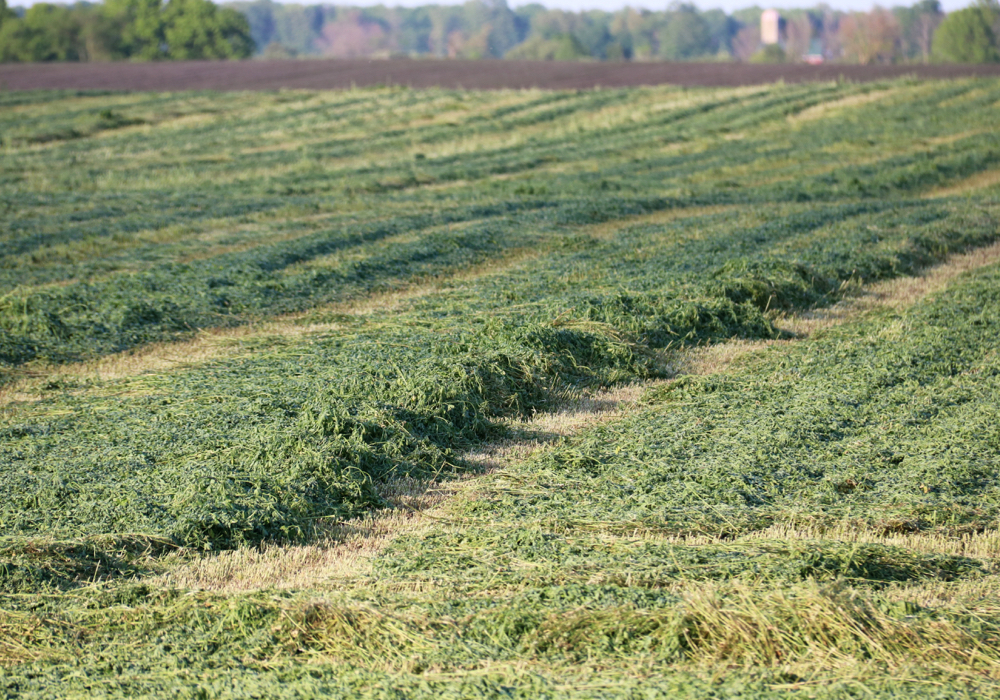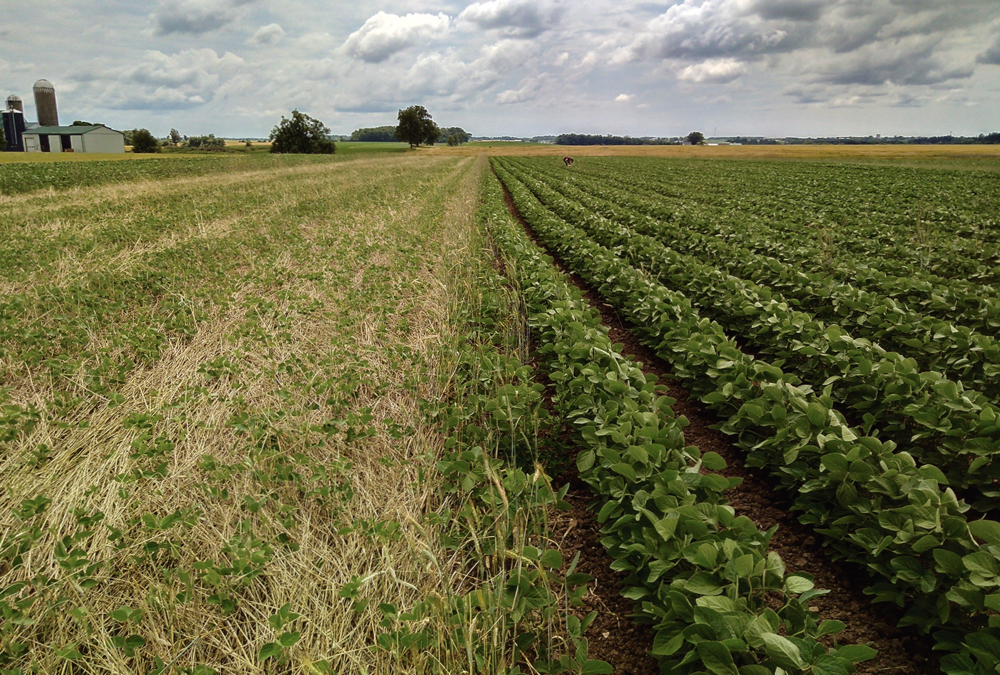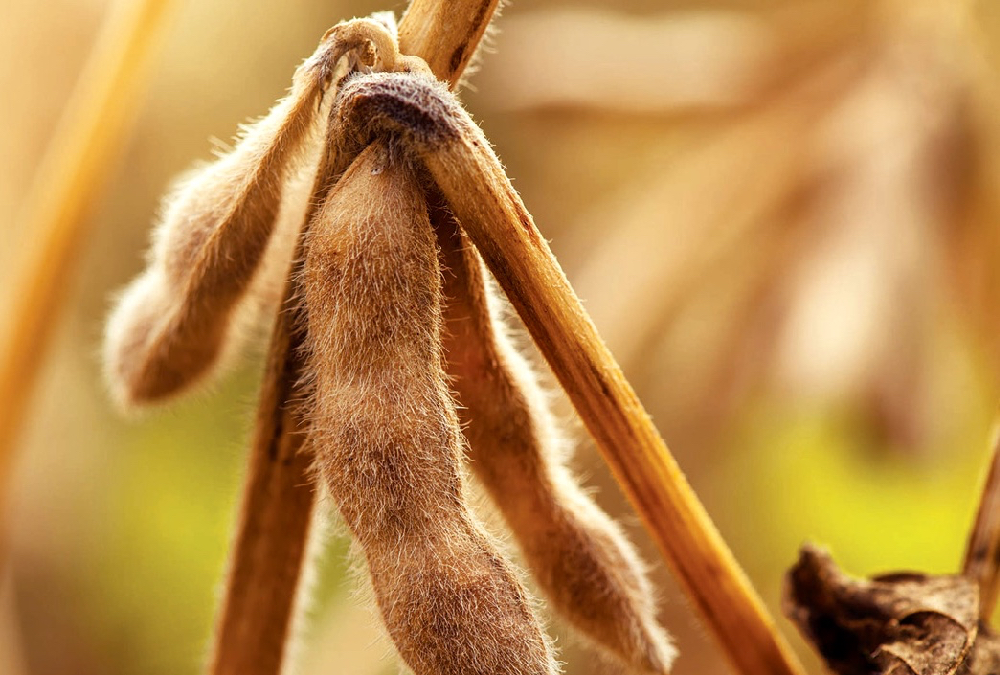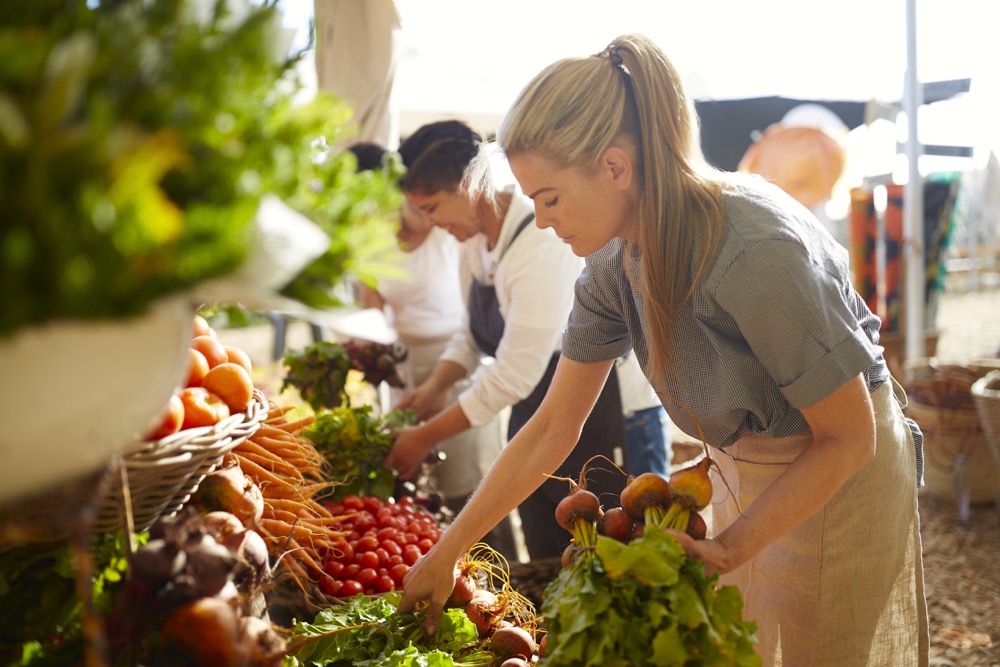A four-year, multi-location study aims to find organic soybean varieties suited for Ontario and Manitoba.
The study, funded through the Canadian Agricultural Partnership (CAP), will help find varieties better to grow under organic conditions.
“There is still strong demand,” said Rob Wallbridge, organic specialist with Thompsons Limited. Wallbridge was joined by a number of fellow Thompsons staff members in hosting a lunchtime session about crop marketing that wasn’t officially tied to the 38th annual edition of the Guelph Organic Conference, but served for a few dozen attendees as a break from Saturday’s intensive workshops.
Read Also
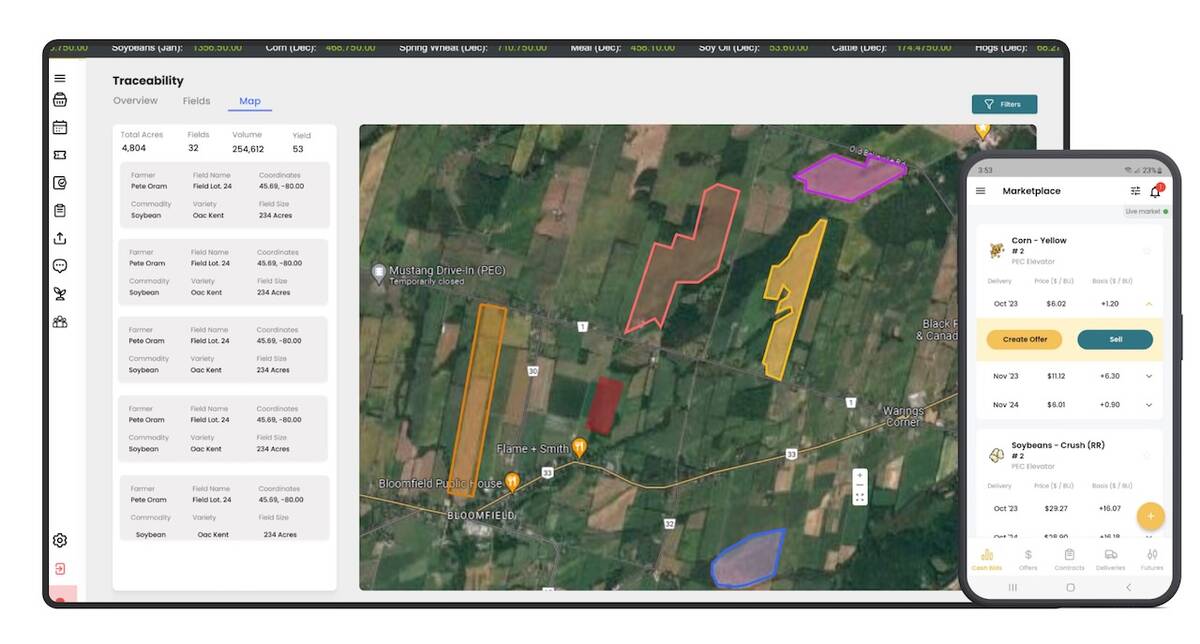
Ontario company Grain Discovery acquired by DTN
Grain Discovery, an Ontario comapny that creates software for the grain value chain, has been acquired by DTN.
Wallbridge showed graphs suggesting overseas imports of organic corn and soybeans into the United States peaked in 2016. Subsequently, those imports dropped off significantly due to a crackdown on fraudulent organic claims. Prices and demand for North American product rose, and in the case of corn, U.S. organic growers responded by increasing domestic production by 43 per cent from 2017 to 2018.
Uncertain demand means Thompsons can’t yet pinpoint a contract offer for 2019 organic corn Last year’s offer, determined in the early spring, ended up at $12 per bushel delivered to Mitchell. Wallbridge said the company is confident enough about food-grade organic soybeans to now offer 2019 contracts of $29 per bushel delivered to Hensall or Kent Bridge.
University of Guelph Plant Agriculture Professor Ralph Martin, speaking earlier in the day on Saturday, Jan. 26, offered an assessment that organic soybean growers should expect an average yield of 31 bushels per acre, with several growers recording yields well in excess of that average. At those prices, even taking into account increased fuel use for early-stage finger weeding and later-stage inter-row cultivation, as well as increased recommended seed count (generally about 300,000 per acre, which is more than recommended for conventional, although this can change based on row width), the economics are definitely favourable.
Martin presented on the agronomics of organic soy, noting that with no seed treatments allowed, “we have to make sure that, when we do plant, it needs to be warm enough for them to jump out of the ground and get ahead of the weeds.”
Conference attendees learned about the CAP-funded variety trials just prior to Martin’s presentation, as his Plant Agriculture counterpart, Professor Istvan Rajcan, outlined findings from graduate student Torin Boyle’s two-site assessment of the suitability of existing soybean cultivars for organic production in southwestern Ontario’s 2,600 corn heat unit range.
Boyle’s study ran in 2014 and 2015, with 30 varieties of soybeans grown under conventional management on the university’s Elora research station in the first year, and those same varieties grown under organic management at the de Groot farm near Moorefield. The second year, 33 varieties were grown at each location.
Rajcan said that faster canopy closure for better weed control, a larger root mass and greater nutrient uptake of N by the nodules are important traits for success under organic management.
Also striking was a high degree of “crossover effect” when comparing how varieties fared conventionally versus organically, especially in 2015. As an example, Rajcan cited OAC Calypso, which ranked first out of 33 varieties in Elora but did very poorly in Moorefield — ranking 29th out of 33.
“Our trials were limited in scope; we realize that,” Rajcan said. Still, Boyle’s study does indicate “there’s not a guarantee that your variety that you’ve selected on an organic farm will perform consistently year after year.” And the results also, he suggested, “obviously warrant further exploration.”
And now, thanks to the CAP funding highlighted by Rajcan at his Organic Conference session, the foundation for such a program could be laid. The study, under the auspices of the Organic Science Cluster, will run through 2022 at multiple locations in Ontario and Manitoba.
Rajcan said there are approximately 150 farmers growing organic soybeans in Ontario.


